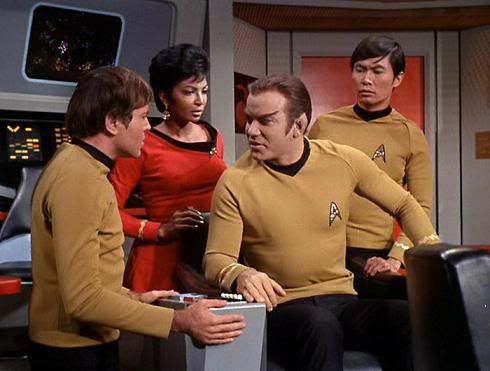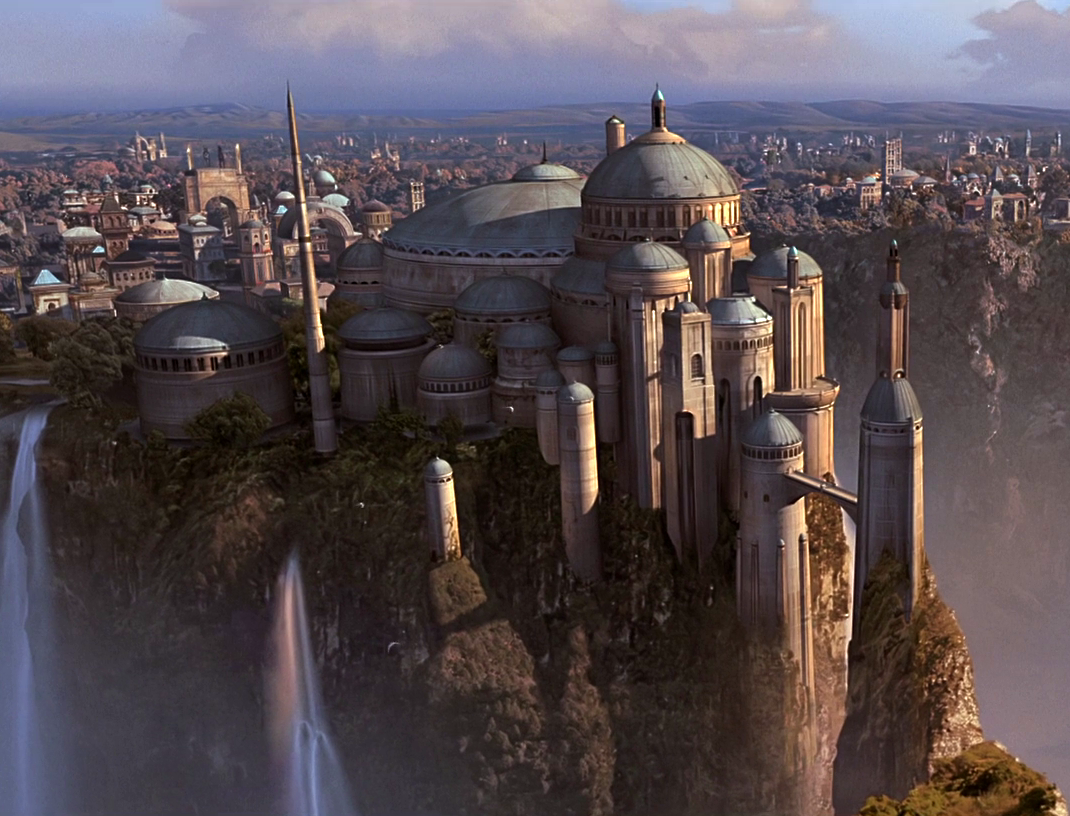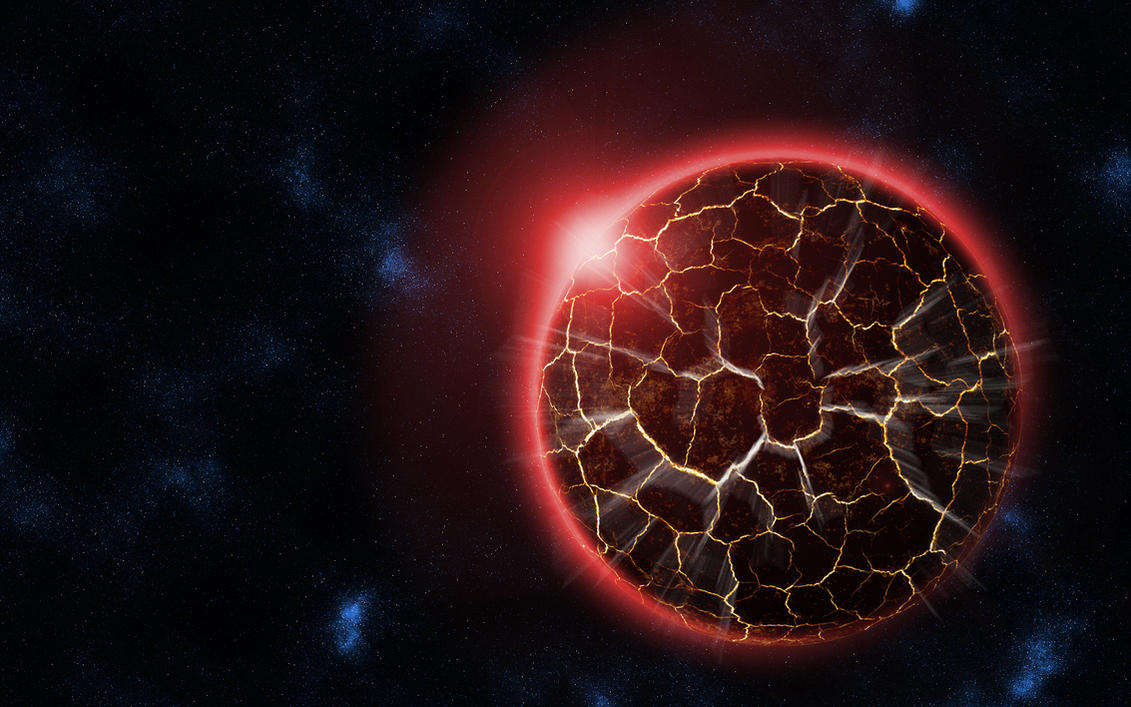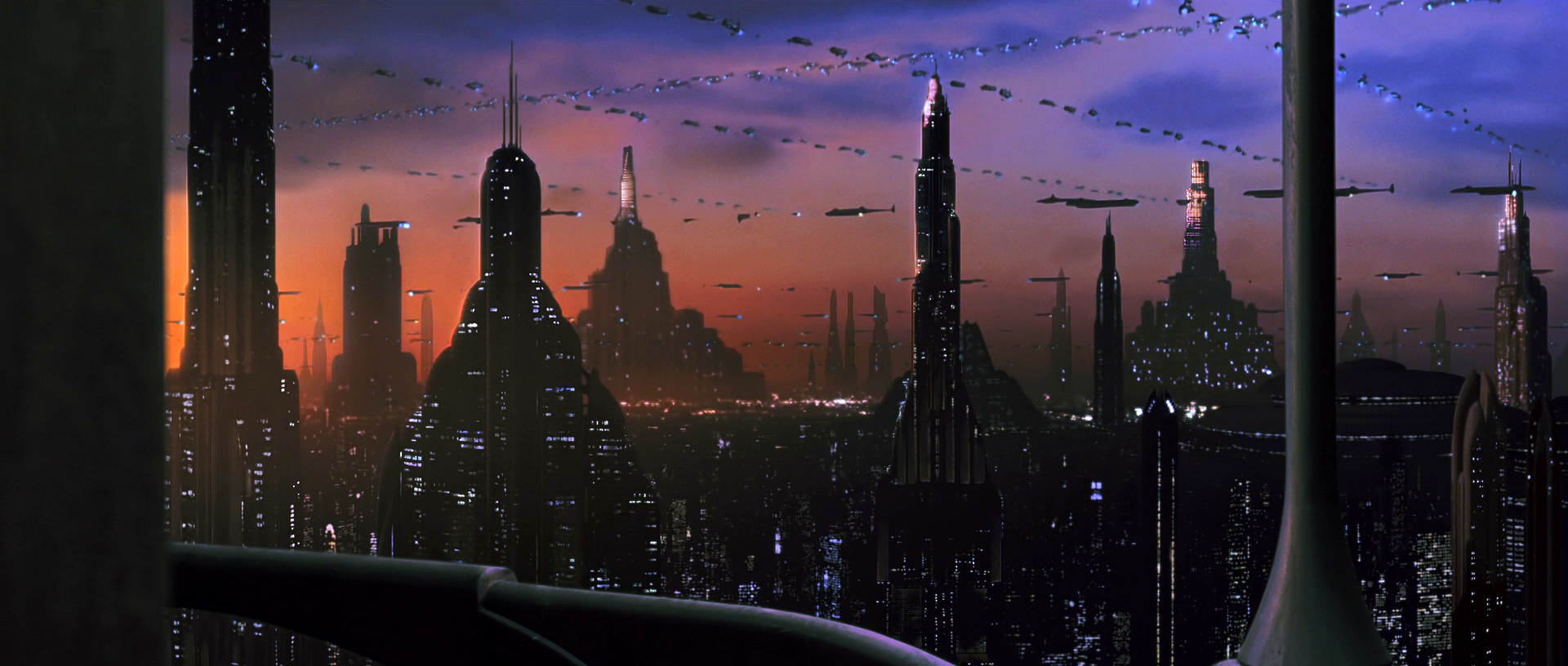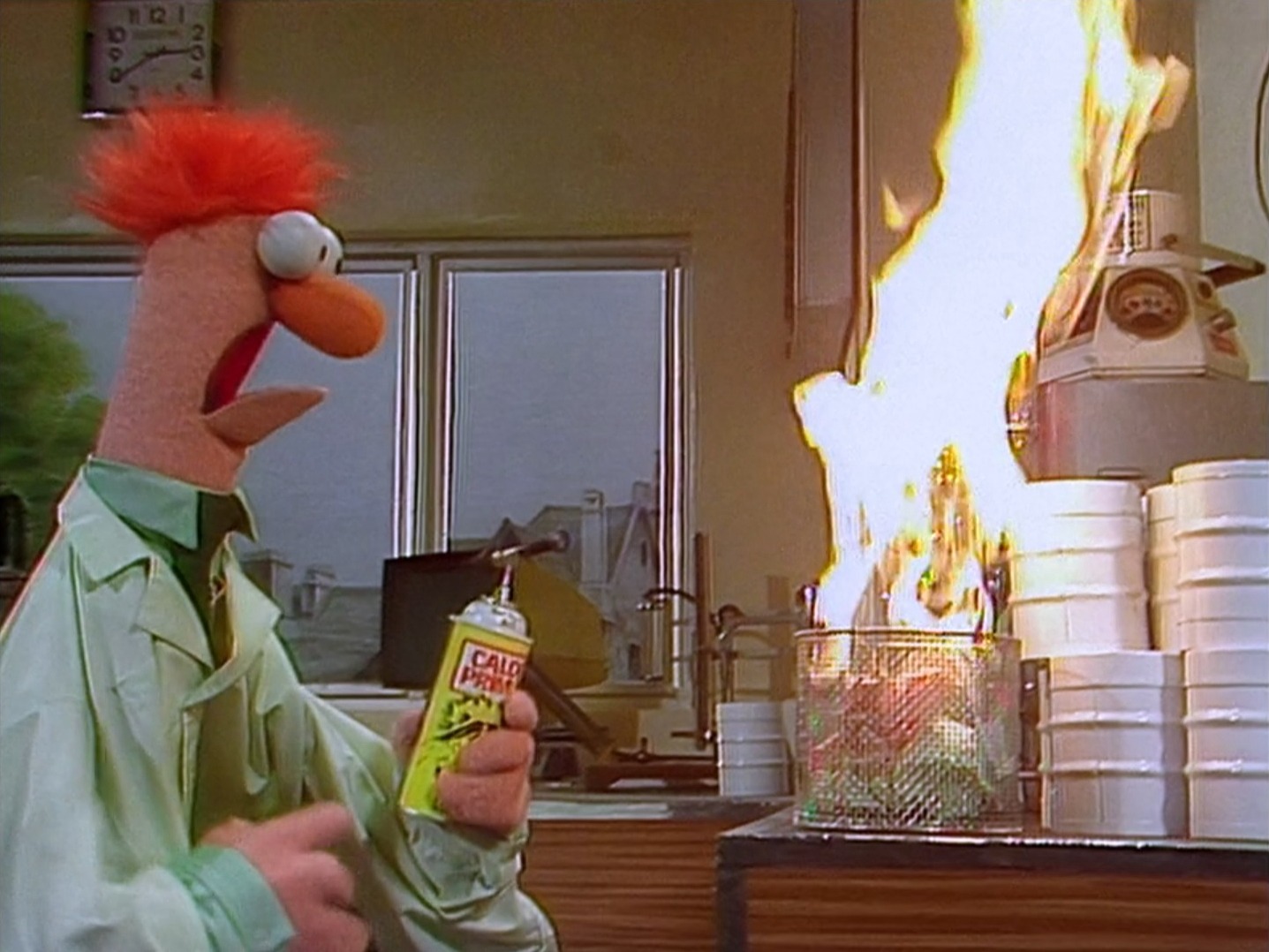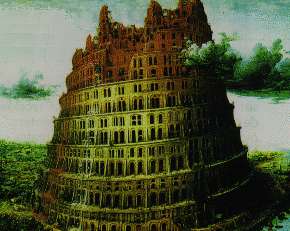Alright! It's finally here! Enjoy!
On Thursday, I studied all these books. Every one of them, in one way or another, spoke to the idea that humans have a mind, emotions, and a will.
The metaphysical aspect of a person- the part that isn’t made up of cells and molecules and subatomic particles- can be split into three distinct, yet vitally interwoven parts. (Well, in theory it can be divided. I don’t know of an actually, feasible way to divide the human psyche.) The mind is the intellectual aspect. The part of a person that stores and sorts information. The emotions determine one’s personal internal posture to information and experiences. Finally, it is with the will, or volition, that one chooses a course of action, and carries it out. The will can override the mind and emotions when necessary. All three of these aspects are important, though some personalities tend to be driven by one in particular.
Why are we like this? It seems to me, that God built the mind, will, and emotions into us when He made us in His image. You see, God is three in person- the Father, the Son, and the Holy Spirit- and one in essence. Though we can only be said to be one person each, our personhood has a sense of threeness to it.
Fiction seems to have picked up on this facet of human nature. Our genre, science fiction, has many good examples that personify it. If you read last week’s Top-5 list, you know which one I’m going to talk about.
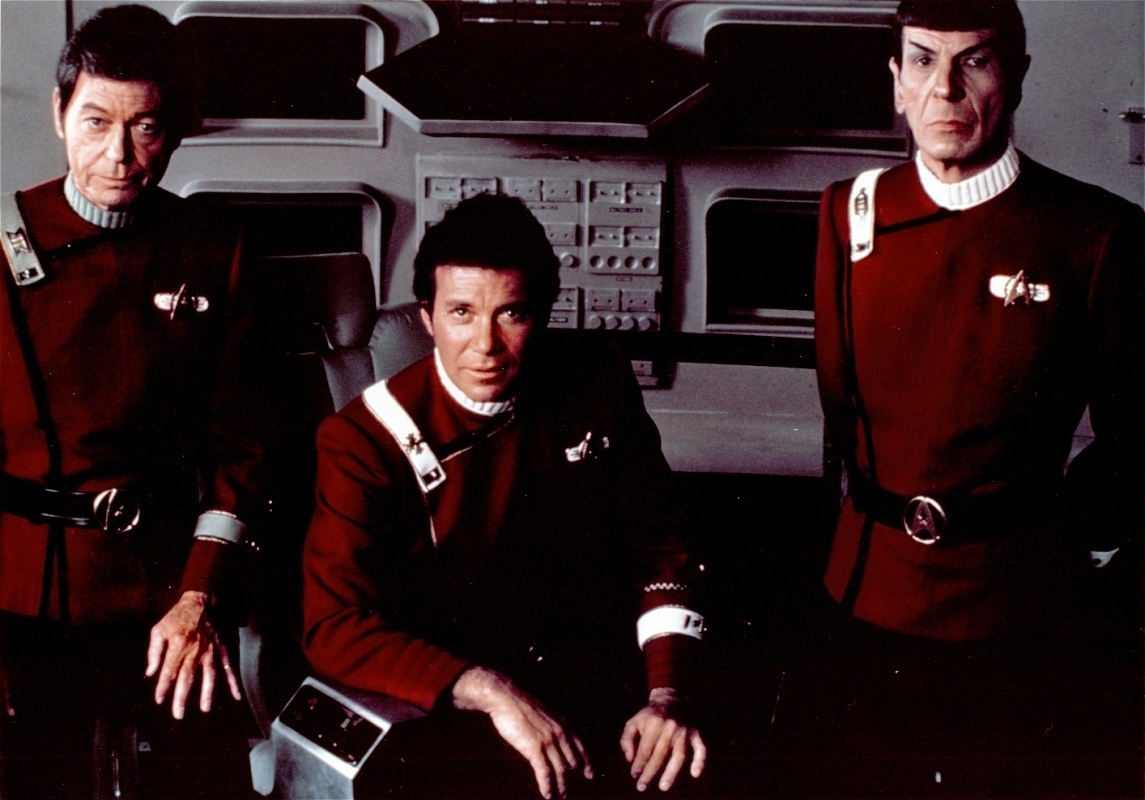
Yep. Kirk, Spock, and McCoy from Star Trek. The reason I think they make such a good character trio, is that each of them seems to take up the role of one of the three aspects of human nature mentioned above.

Bones is the emotion. He is the heart of the crew. On any given mission, he can be counted on to bring ethics, humanity, and passion into the discussion. Though his insights may not always line up with all the facts, they must always be considered before going forward with a decision.
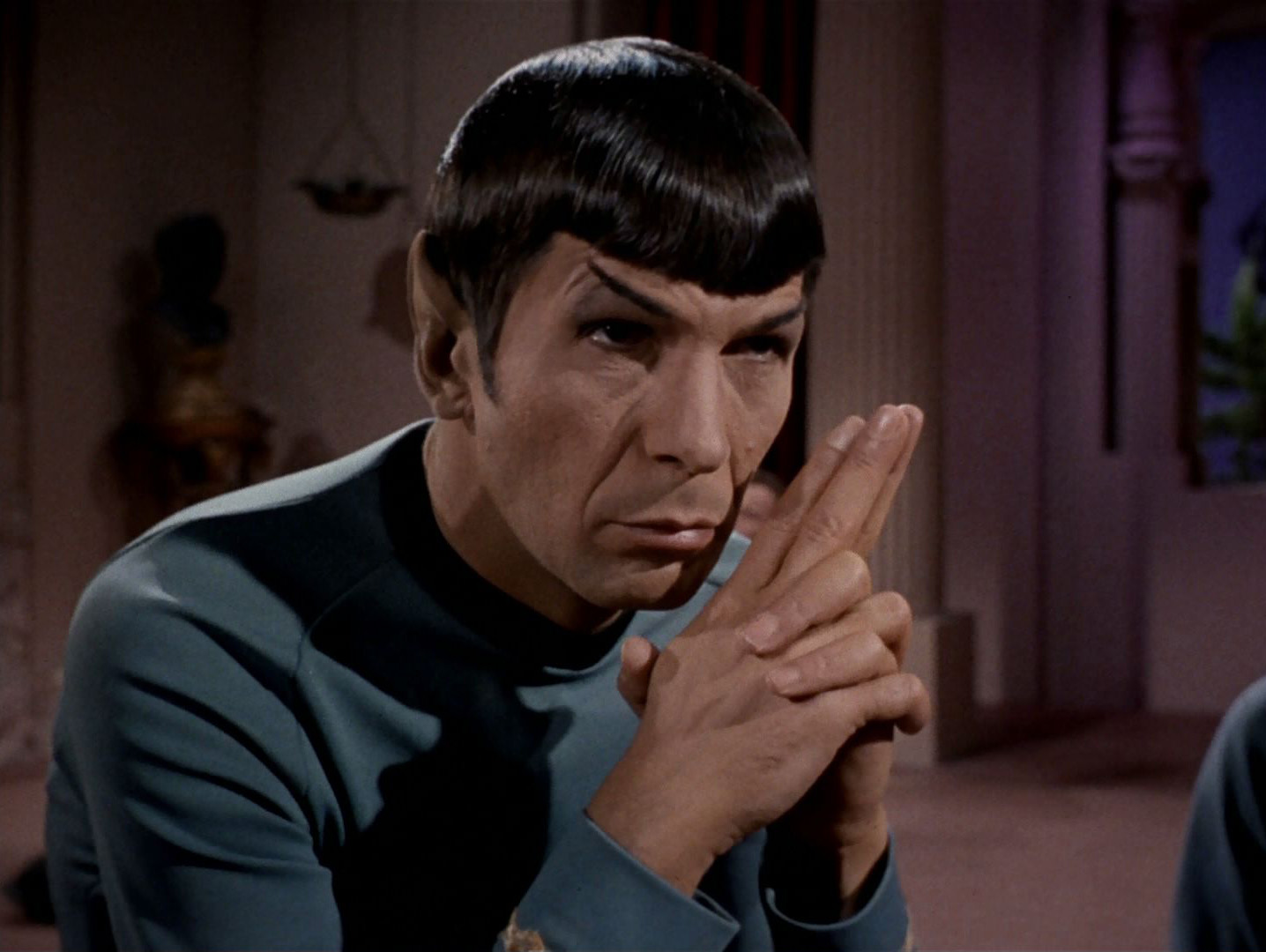
Spock, as I think should be evident to most people, is the mind. In many episodes of Star Trek, he is compared to a computer. He can recall and analyze information, and with little to no emotional bias, offer up all the possible solutions to the problem.

Captain Kirk is the will. He takes what both Spock and McCoy, (and occasionally other members of the crew like Scotty), have to say, weighs their varying ideas, and makes the best decision possible. Sometimes, he has to override both the emotions and the logic in order to simply do the right thing.
Therefore,while many may consider Kirk or Spock, or Kirk and Spock, to be the main character of the original series of Star Trek, I contend that the real main character is Kirk, Spock, and McCoy working together.

So, next time your emotions go on a rampage, make sure your will and mind hunt them down and get them back in line before they are able to accidentally cause the Nazis to win World War II. And watch out for people name Edith Keeler. If that made no sense, go watch “City on the Edge of Forever” from the first season of Star Trek. It’s a classic.
Keep on glowing in the dark,
Elora

